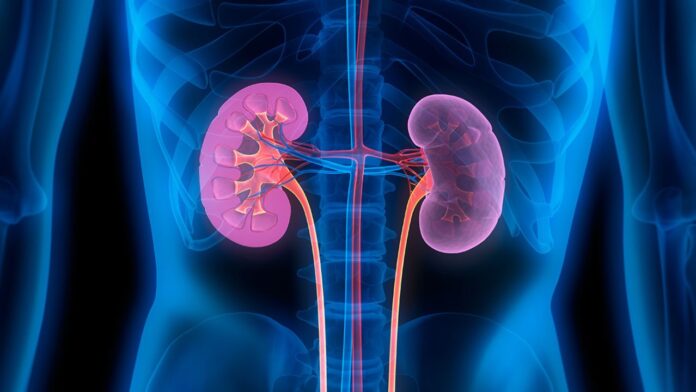Glomeruli are a tiny network of blood vessels that serve as the filtering units of the kidneys. Glomerular disease affects the glomeruli, impairing kidney function. The kidneys contain about one million nephrons, each with a glomerulus that filters waste and excess fluid into the urine while retaining essential proteins and blood components.
Causes of Glomerular Disease: Glomerular disease can be primary (affecting only the kidneys) or secondary to systemic conditions such as diabetes mellitus, autoimmune diseases (like SLE and vasculitis), infections (such as HIV and hepatitis B), cancers (like myeloma), and certain medications (e.g., painkillers). Recently, cases have also been linked to the use of skin whitening creams.
Symptoms of Glomerular Disease: Common symptoms include swelling in the legs and around the eyes, excessive frothing in the urine, high blood pressure, and sometimes decreased urine production.
Diagnosis of Glomerular Disease: Diagnosis is typically based on blood and urine tests. Additional tests, such as imaging studies and kidney biopsies, may be needed to identify the specific type of glomerular disease.
Treatment of Glomerular Disease: Treatment involves addressing the underlying causes (such as infections or autoimmune disorders), controlling blood pressure, and managing protein loss in the urine. Diuretics are often prescribed to reduce swelling in the feet and ankles, and a low-salt diet is recommended. If left untreated or poorly managed, glomerular disease can lead to chronic kidney disease, cardiovascular complications, infections, and clotting episodes. In severe cases, a kidney transplant may be necessary.

 English
English






